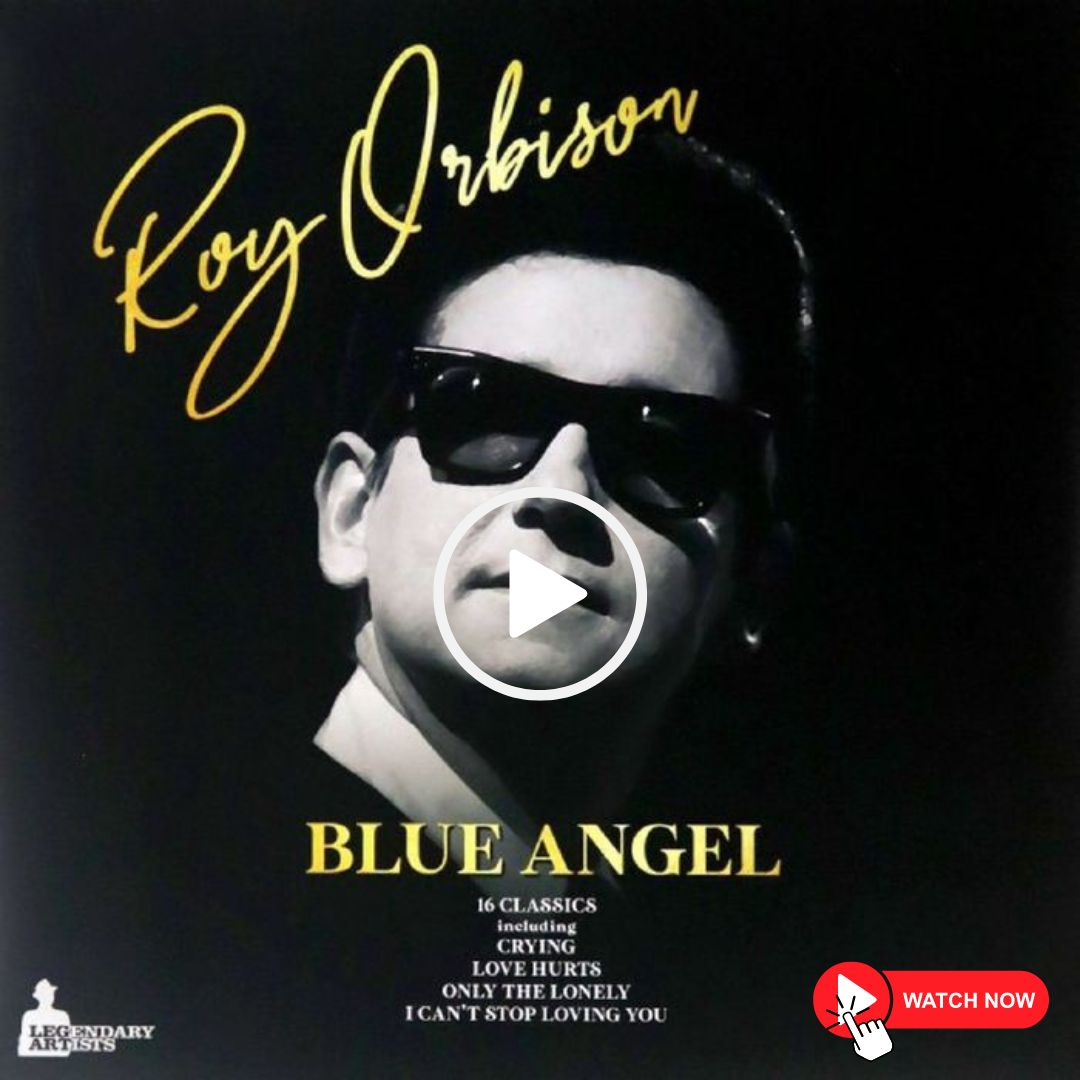“Blue Angel” by Roy Orbison is a rock and roll gem that emerged in 1960, showcasing Orbison’s distinctive voice and his ability to convey complex emotions through music. The song features a compelling blend of Orbison’s signature falsetto and a vibrant arrangement, making it a standout in his extensive discography. Released as a single, “Blue Angel” became a charting hit, further solidifying Orbison’s status as a masterful singer and songwriter.
The track’s upbeat tempo and Orbison’s powerful vocals create an energetic and dynamic musical experience. The lyrics tell the story of heartbreak and unrequited love, with the blue angel symbolizing the unattainable object of desire. The combination of Orbison’s emotive delivery and the catchy melody makes “Blue Angel” a timeless and engaging piece that continues to captivate listeners.
MEANING BEHIND
“Blue Angel” delves into the theme of unrequited love and the pain of yearning for someone who remains out of reach. The blue angel in the lyrics represents an idealized and unattainable love interest, and Orbison’s passionate vocals convey the anguish and longing associated with such a situation. The song captures the emotional turbulence of unfulfilled desires, a recurring theme in Orbison’s work.
The use of the color blue in the title and lyrics further emphasizes the melancholic tone of the song. Blue is often associated with sadness and longing, adding an extra layer of symbolism to the narrative. Orbison’s vocal range, particularly his soaring falsetto, adds a touch of vulnerability to the performance, enhancing the emotional impact of the song.
“Blue Angel” is a testament to Roy Orbison’s ability to infuse rock and roll with emotional depth. The song’s enduring popularity lies in its relatable theme and Orbison’s masterful execution, making it a must-listen for fans of Orbison’s work and enthusiasts of classic rock and roll.
VIDEO
